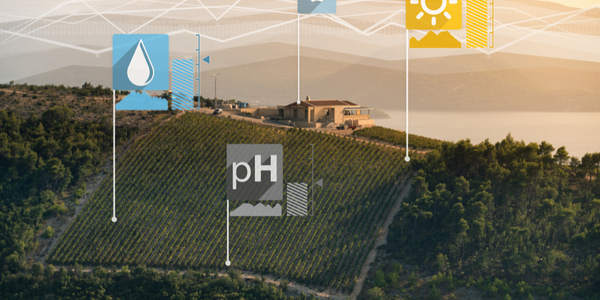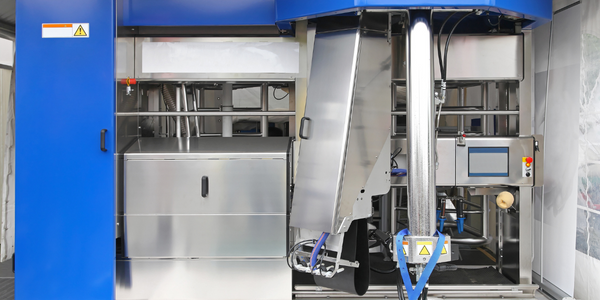Download PDF
Provincie Noord-Holland: Scaling Data Science in the Public Sector
Technology Category
- Analytics & Modeling - Big Data Analytics
- Analytics & Modeling - Machine Learning
Applicable Industries
- Cities & Municipalities
- Agriculture
Applicable Functions
- Logistics & Transportation
- Quality Assurance
Use Cases
- Predictive Maintenance
- Farm Monitoring & Precision Farming
- Traffic Monitoring
Services
- Data Science Services
The Challenge
Provincie Noord-Holland (PNH), a province in the Netherlands, embarked on an initiative to become a more data-driven organization. However, they faced challenges in determining the necessary steps to achieve this goal, including the required technology and expertise, setting up experiments, and implementing new processes. They also faced unique challenges as a public sector organization, such as the need to consider regulations and societal impact when conducting experiments and working with data. Additionally, they had to work within a closed IT environment, limiting their access to data science tools. They also realized the need for data scientists and technology to help them succeed with their data science initiatives, and the importance of being both data and business-driven to generate positive performance and encourage buy-in among organization-wide stakeholders.
About The Customer
The province of Noord-Holland is one of the 12 provinces in the Netherlands and is arguably the most critical piece of the Dutch economy. The province has its own flag, coat of arms, and national anthem. PNH consists of the management, provincial officials, and the board that own policy and projects throughout the province. Core tasks of the PNH include but are not limited to the province’s environment, energy, and climate; spatial development and water management; regional accessibility and public transport; quality of public administration; cultural infrastructure and monument conservation; and regional economy. Nearly 1,400 total employees work for more than 2.8 million North Hollanders.
The Solution
PNH hired their first data scientist and began exploring their technical needs. They decided to invest in a data science platform that encourages collaboration on data experience. After using an initial license for several weeks and compiling positive feedback from various internal groups, they signed on as a customer with Dataiku. With Dataiku, PNH was able to make significant efficiency gains, foster a team-based approach to all data science initiatives, bring data analysis in-house, apply machine learning models for projects such as traffic lights optimization and biodiversity, and standardize its data analysis processes. They were also able to more easily answer internal queries and keep analysts and other team members in the loop, promoting cross-departmental involvement and communication.
Operational Impact
Quantitative Benefit
Related Case Studies.

Case Study
Turning A Stadium Into A Smart Building
Honeywell created what it called the “intelligent system” for the National Stadium in Beijing, China, turning the venue for the opening and closing events at the 2008 Summer Olympics into a “smart building.” Designed by highly controversial artist Ai Weiwei, the “Bird’s Nest” remains one of the most impressive feats of stadium architecture in the world. The 250,000 square meter structure housed more than 100,000 athletes and spectators at a time. To accommodate such capacity, China turned to Honeywell’s EBI Integrated Building Management System to create an integrated “intelligent system” for improved building security, safety and energy efficiency.

Case Study
Intelligent Farming with ThingWorx Analytics
Z Farms was facing three challenges: costly irrigation systems with water as a limited resource, narrow optimal ranges of soil moisture for growth with difficult maintenance and farm operators could not simply turn on irrigation systems like a faucet.
.png)
Case Study
Smart Street Light Network (Copenhagen)
Key stakeholders are taking a comprehensive approach to rethinking smart city innovation. City leaders have collaborated through partnerships involving government, research institutions and solution providers. The Copenhagen Solutions Lab is one of the leading organizations at the forefront of this movement. By bringing together manufacturers with municipal buyers, the Copenhagen Solutions Lab has catalyzed the development and deployment of next-generation smart city innovations. Copenhagen is leveraging this unique approach to accelerate the implementation of smart city solutions. One of the primary focus areas is LED street lighting.








